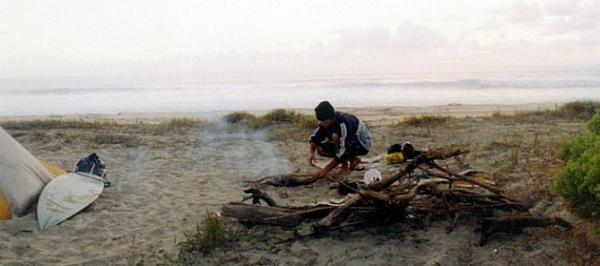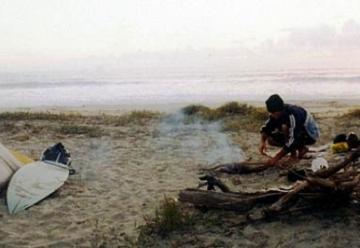
IT SEEMS TAKEN FOR GRANTED that for someone to write about travel, he or she actually travels. But people rarely seem to question if someone who travels somewhere with the intention of writing is (a) truly ‘there’ in any level beyond just physical presence, and (b) able to write transparently about what he or she experiences versus what he or she wants to believe – or wants others to believe – about the experience. (I sometimes call this ‘speaking for’ a place or another person.)
